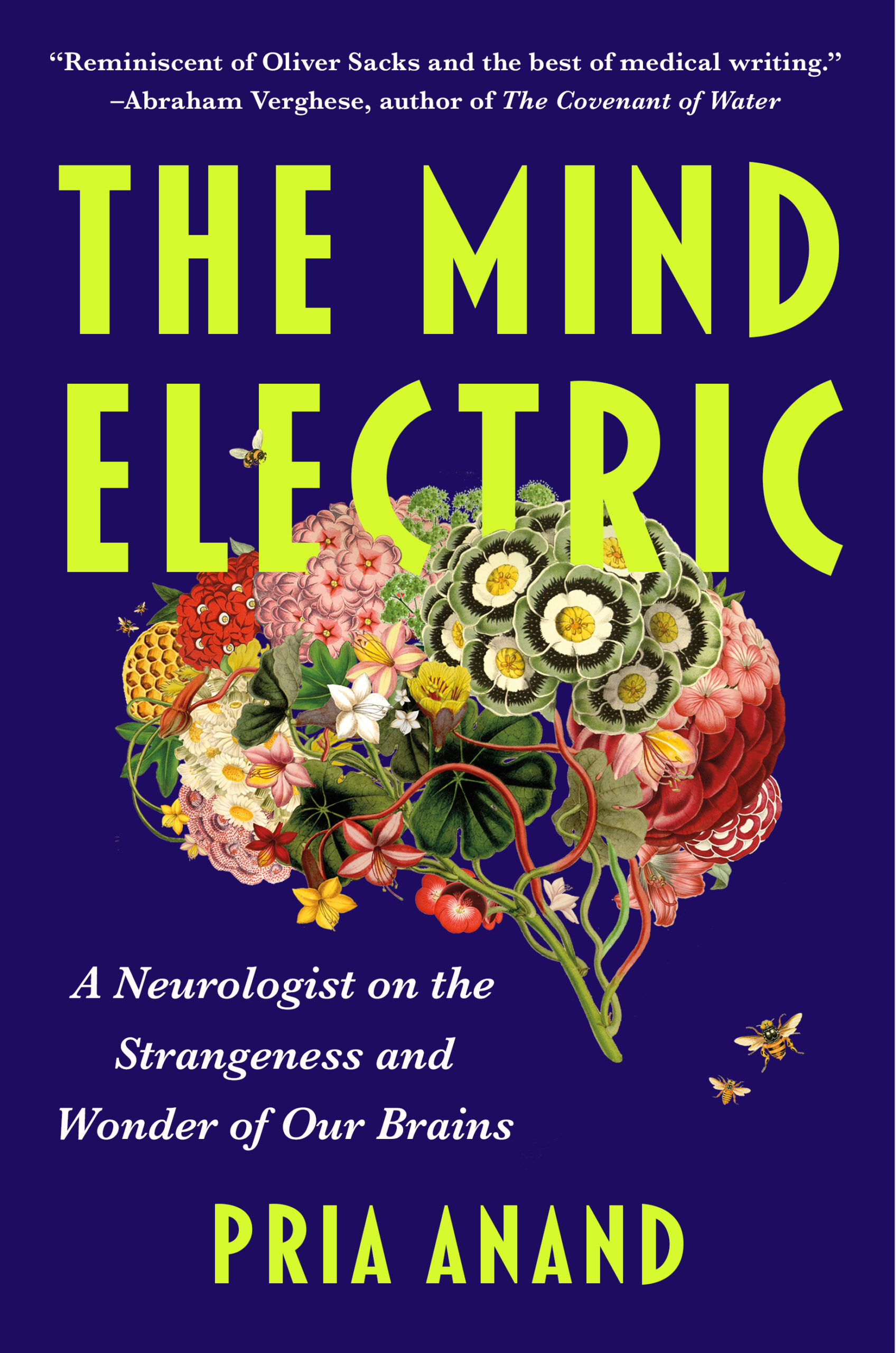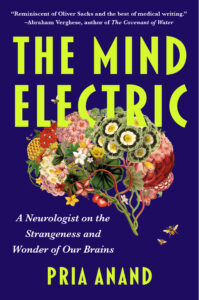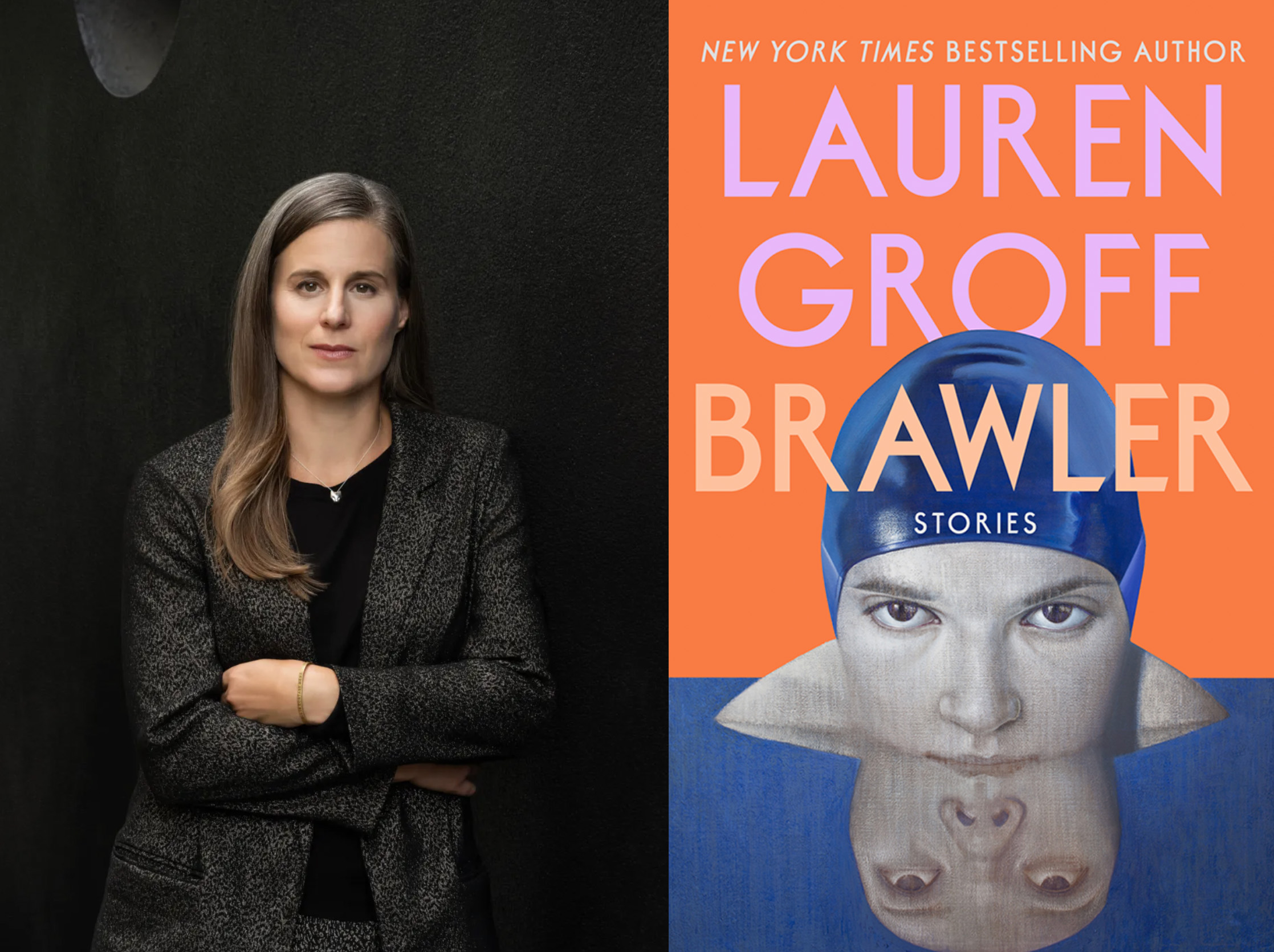Transcript: Pria Anand Podcast.
PRIA ANAND speaks to managing editor EMILY EVERETT about her story “The Elephant’s Child,” which appears in The Common’s spring issue. The piece is a vivid retelling of a Hindu myth, the origin story of the elephant-headed god Ganesh. Pria talks about the process of writing and revising many versions of this ancient myth, why she felt inspired by it, and how her literary writing intersects with her career as a neurologist. Pria also discusses her debut book, The Mind Electric: A Neurologist on the Strangeness and Wonder of Our Brains, out this month from Simon & Schuster. The book explores how story and storytelling can illuminate the rich, complex gray areas within the science of the brain, weaving case study, history, fable, and memoir.

Read Pria’s story “The Elephant’s Child” in The Common at thecommononline.org/the-elephants-child.
Order The Mind Electric in all formats via Simon & Schuster at simonandschuster.com/books/The-Mind-Electric/.
Learn more about Pria at www.priaanand.com.
Listen to more podcast episodes here.
The Common is a print and online literary magazine publishing stories, essays, and poems that deepen our collective sense of place. On our podcast and in our pages, The Common features established and emerging writers from around the world. Read more and subscribe to the magazine at thecommononline.org, and follow us on Instagram, Bluesky, and Facebook.
Emily Everett is managing editor of the magazine and host of the podcast. Her new debut novel All That Life Can Afford is the Reese’s Book Club pick for April 2025. Her work has appeared in The New York Times Modern Love column, the Kenyon Review, Electric Literature, Tin House, and Mississippi Review. She was a 2022 Massachusetts Cultural Council Fellow in Fiction.





